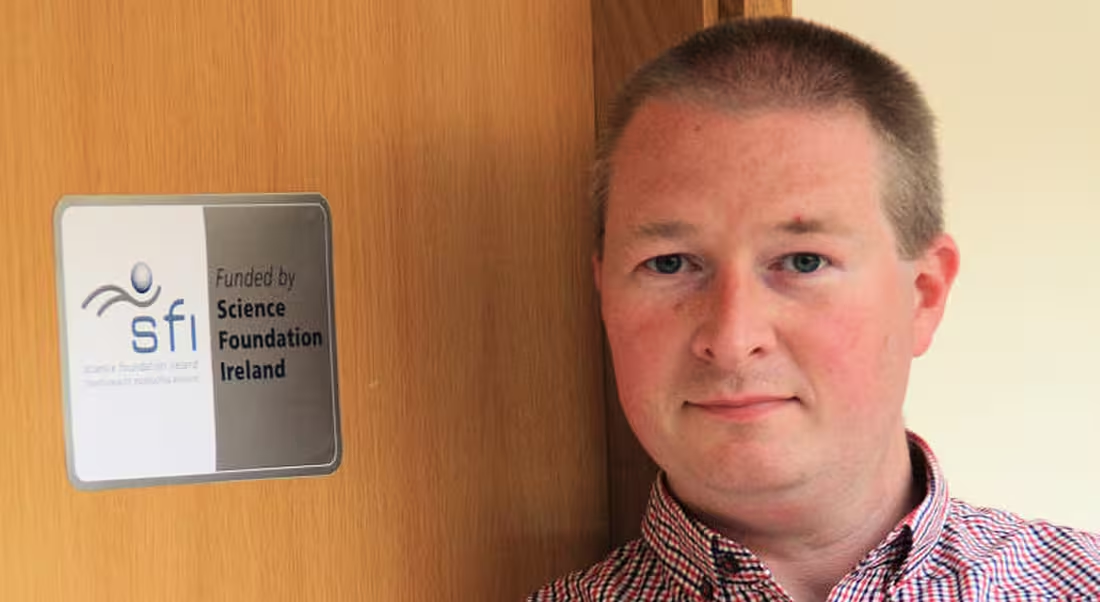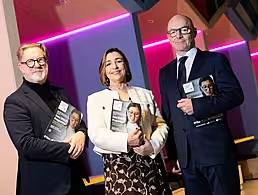A new skills pipeline of up to 40 new medical software graduates a year has been established to support the booming medical-devices sector in Ireland, following research by software engineering research centre Lero and the Dundalk Institute of Technology that a ready supply is urgently needed.
The first 20 students have finished their degree programme in a new higher diploma in computing in medical device software which is being carried out in Dundalk Institute of Technology under the leadership of Dr Fergal McCaffery.
The new graduate pipeline is coming on stream as part of the ICT Ireland Skillnet programme, where employees who were working in construction, financial services and other sectors which went into decline after the boom are being retrained.
“Ireland is an international hotbed for the medical-device industry but indigenous and multinational companies here require access to a ready supply of skilled graduates, as well as core research,” commented McCaffery. “This programme is designed to help deliver that.”
“It is gratifying that the research we are doing is also stimulating the technology talent pool in Ireland and increasing the number of technical graduates in the market,” added Prof Mike Hinchey, director, Lero which is funded by Science Foundation Ireland.
The opportunity to deliver the course came as a result of international research that Lero is conducting into medical device certification.
Under new EU and US regulations, medical devices are no longer treated solely as hardware. Now the software involved must comply with a new IEC 62304 standard.
Lero and the Dundalk Institute of Technology are developing processes which will enable medical-device companies globally to develop products in accordance with these latest standards.
The issue of tapping into future skills pipelines to support the ICT and other growing industries in Ireland will be discussed at Silicon Republic’s Future Jobs Forum on 8 February in Dublin




